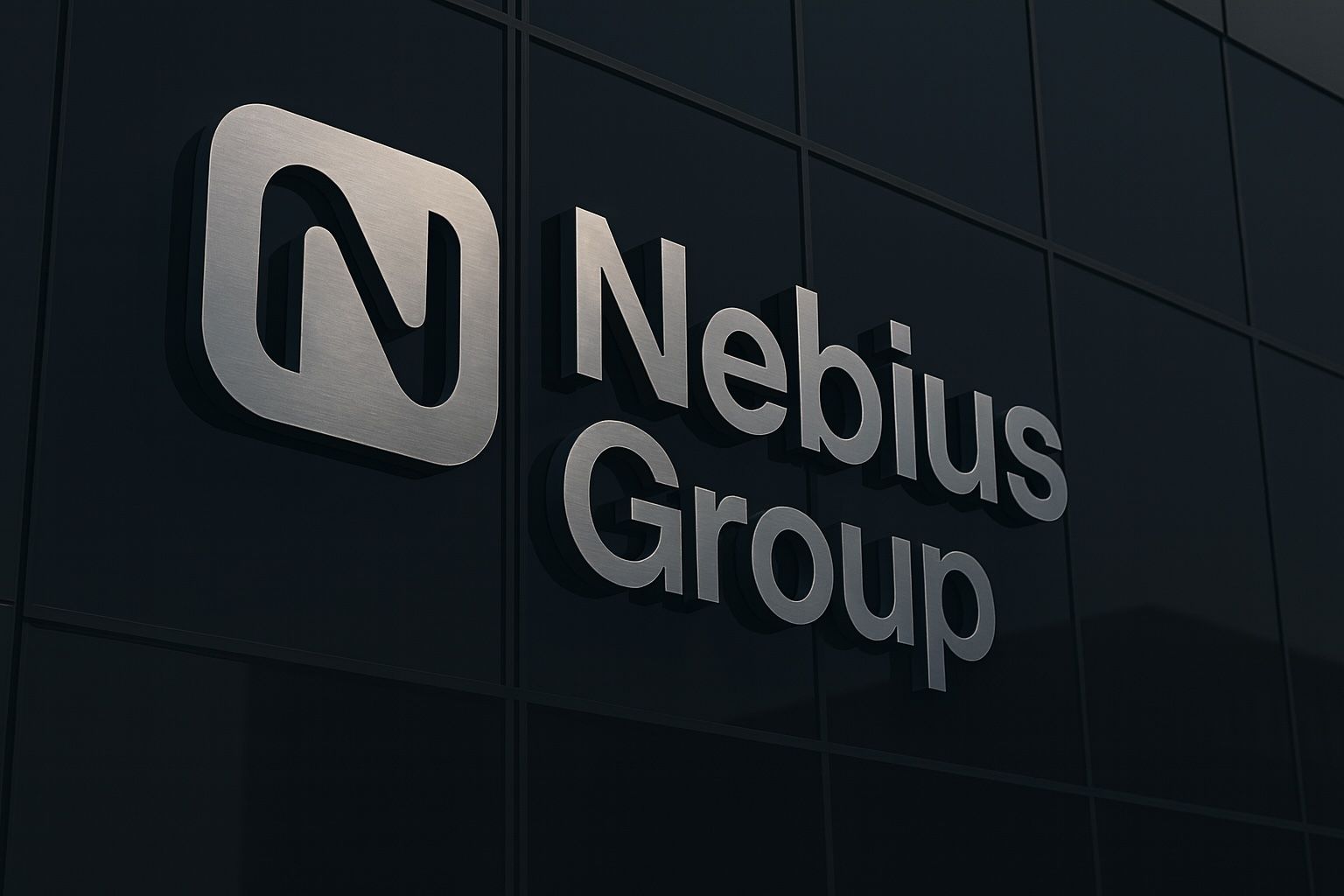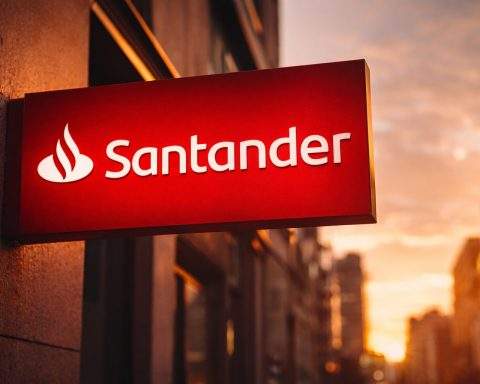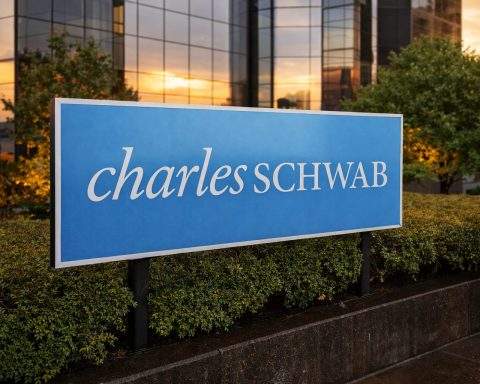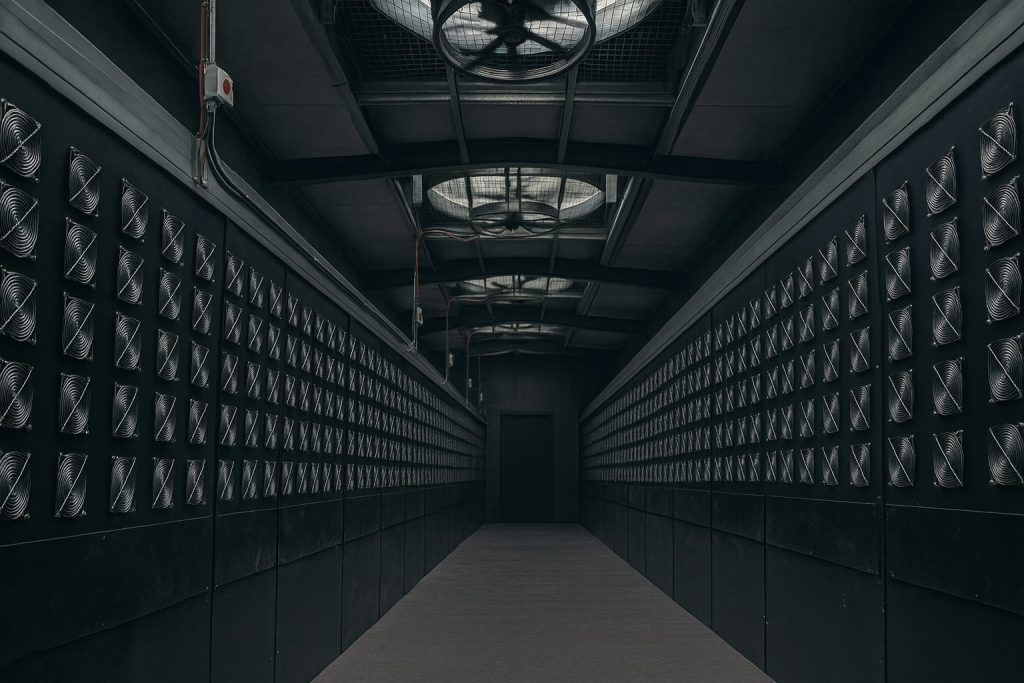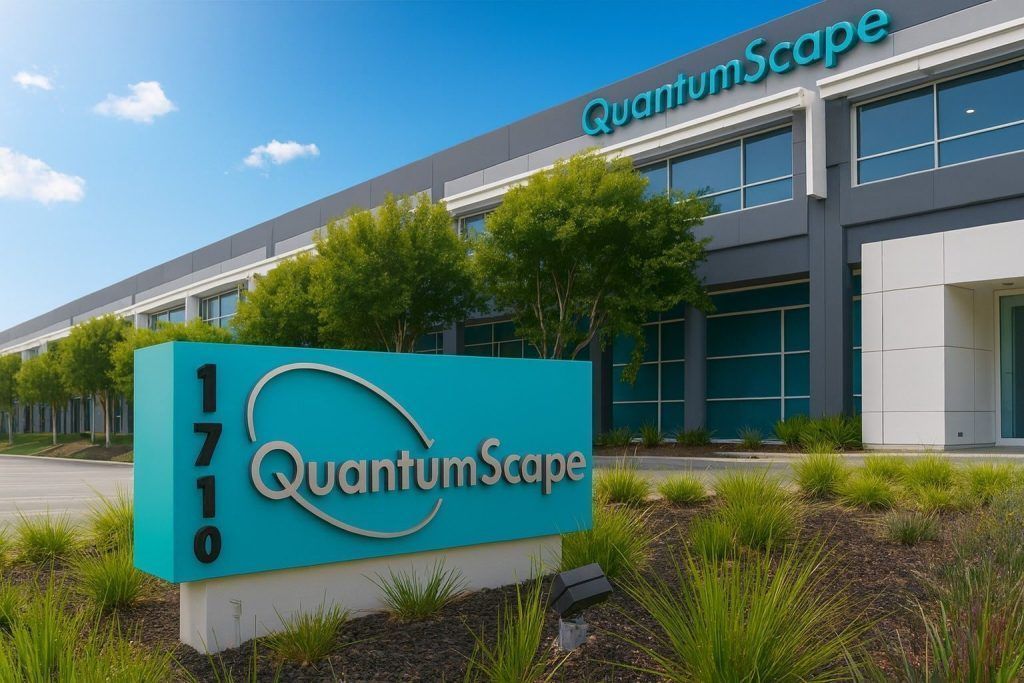- AI Cloud Newcomer Soars: Nebius Group (NASDAQ: NBIS) has surged over 350% year-to-date in 2025, climbing from around $14 last October to roughly $128 by early October 2025, near all-time highsts2.technasdaq.com. Its 52-week range spans $14.09 to $117.65ts2.tech (now even higher), and the stock’s high volatility (beta ~3.5) reflects the explosive growth and risk1 .
- Massive Microsoft AI Deal: In September, Nebius inked a 5-year, $17.4 billion AI infrastructure contract with Microsoft, triggering a one-day 44% stock jump to record levelsreuters.com. The deal (expandable to $19.4 B) gives Microsoft access to Nebius’s high-performance cloud and over 100,000 Nvidia GPUs, underscoring surging AI data center demand2 .
- Funding Fuel for Expansion: Riding the Microsoft win, Nebius announced a $3 billion expansion plan – $2 B in convertible notes plus $1 B in new equity – to scale its AI cloud capacityreuters.com. Proceeds will fund more Nvidia hardware, new data centers and land as Nebius aims to grow capacity from 190 MW to 1 GW by 2026ts2.tech, a massive buildout to meet contract obligations and AI demand.
- Stock Performance & Volume Spike: Nebius stock hit an intraday high of $132.98 on Oct 3, 2025 before closing around $127.98marketbeat.com. That Friday saw 21.2 million shares traded – about 52% above average volumemarketbeat.com – as investors piled in on bullish news. After a brief dip on share offering news, NBIS quickly rebounded and even ticked up in pre-market trading on Oct 6 to about $130.30 (+1.8%)marketbeat.com, indicating sustained momentum.
- Financials & Growth Outlook: Nebius’s Q2 2025 revenue was $105.1 million, up 625% year-over-year (and +106% QoQ) amid an AI computing boomnasdaq.com. Though still posting a net loss (EPS –$0.38 vs –$0.41 expected) as it reinvests in growthts2.tech, analysts project explosive growth ahead – a Nasdaq analysis sees revenue hitting $4.25 billion by 2027 (a 231% CAGR), with positive EBITDA by 2026ts2.tech. Nebius itself has guided for ~$1 billion in annual recurring revenue by 2026 and turning EBITDA-positive that year3 .
- Analysts Bullish but Cautious: Wall Street is largely optimistic: the consensus rating is “Buy”, and recent upgrades are rolling ints2.tech. BWS Financial hiked its price target from $90 to $130 after the Microsoft deal, calling Nebius “significantly de-risked”ts2.tech. Goldman Sachs maintains a $120 target and DA Davidson $75ts2.tech. (The average target ~$91 actually lags the current pricets2.tech, reflecting some caution on valuation.) Arete Research even upgraded to Strong Buy in early Octoberts2.tech. Experts warn Nebius will burn cash to scale and likely issue more debt/equity – which could dilute shareholders – but see its valuation as reasonable given the growth trajectoryts2.tech4 .
- Big Partnerships & Clients: The landmark Microsoft Azure deal cements Nebius as a credible alternative to the big cloud “hyperscalers.” Microsoft, facing an AI server shortage, is outsourcing hefty GPU workloads to Nebiusreuters.com – a role previously dominated by players like CoreWeave. Analysts say this validates Nebius’s tech and could attract more marquee clientsreuters.com. In fact, Nebius’s AI platform already serves big-name customers like Cloudflare and Shopify, among othersnasdaq.com, proving its ability to handle demanding enterprise AI tasks. CEO Arkady Volozh hinted “more [deals] to come” beyond Microsoftnebius.com as the company pitches its capacity to other AI labs and cloud providers.
- Company Background:Nebius Group N.V. is a Netherlands-based tech firm that emerged from the 2022 breakup of Russian internet giant Yandex’s assetsreuters.com. Co-founder Arkady Volozh spun off Nebius amid geopolitical turmoil – after Russia’s Ukraine invasion, he divested all Russian operations and rebranded as Nebius, refocusing entirely on global AI infrastructurenasdaq.com. Headquartered in Amsterdam with R&D hubs across Europe, North America and Israelnebius.com, Nebius built a “neo‑cloud” platform optimized for AI: it offers not just raw GPU power but a full stack of managed services (from Kubernetes orchestration to databases) tailored for AI developersts2.tech. This end-to-end approach lets clients train and deploy AI models efficiently, differentiating Nebius from rivals that provide only basic cloud instancests2.tech. Notably, Nvidia itself owns a small stake (~0.5%) in Nebiusts2.tech, aligning the young company with the GPU leader’s ecosystem. Nebius has also diversified with a few subsidiaries and investments: for example, it owns Avride (self-driving vehicle tech) and TripleTen (a tech education platform), and holds stakes in AI-adjacent startups like ClickHouse (open-source database) and Toloka (crowd AI data labeling)5 .
- Market Reactions & Expert Views: Nebius’s rapid ascent has drawn both excitement and a dose of skepticism from market watchers. Analysts are impressed by its execution in a nascent industry. “This deal provides unprecedented clarity on the company’s long-term revenue potential and significantly de-risks its planned capacity buildout,” said Hamed Khorsand of BWS Financial, referring to the Microsoft contractreuters.com. The partnership positions Nebius to “win additional marquee customers” and confirms it has a “right to win” in AI cloud, according to one hedge fund’s upbeat investor letterinsidermonkey.comreuters.com. That fund noted Nebius is “the lowest-cost producer…with a superior full-stack toolkit” – a combination that led its shares to “more than triple” in Q2 aloneinsidermonkey.com. Nebius’s founder Volozh, a tech veteran, is similarly confident: he emphasized that outside a few Big Tech firms, “only a few newcomers have both the technological expertise and the multi-billion-dollar scale to play in this field. Nebius is one of them.”nasdaq.com. At the same time, prudent voices remind investors of the execution risks. Building AI supercomputers doesn’t come cheap or easy – Nebius will be pouring billions into data centers, chips, and talent in the next couple of years. Any hiccup in delivering capacity (or if the Microsoft project falters) could impact its sky-high growth projections. There’s also the competition factor: startups like CoreWeave (which also nabbed a multi-billion Microsoft deal) and cloud giants like Amazon and Google are racing to expand AI infrastructure, potentially squeezing margins or slowing Nebius’s client winsts2.techreuters.com. For now, though, the market’s mood remains optimistic. Nebius is frequently cited as a standout of 2025’s AI stock frenzy – Zacks Investment Research even named it one of the year’s top three performing stocks across the marketmarketbeat.com. The stock’s momentum, bolstered by AI hype and real revenue traction, has made Nebius a focal point for both tech investors and AI industry watchers.
The Bottom Line:
Nebius Group has rapidly transformed from an obscure Yandex spin-off into a $30+ billion AI infrastructure contender at the center of 2025’s tech boom. A blockbuster Microsoft partnership, breakneck revenue growth, and bullish analyst endorsements have fueled a stock run that’s captured Wall Street’s attention. There are clear challenges ahead – steep capital needs, formidable competitors, and high expectations – but many believe Nebius could be a foundational player in the AI cloud era. As the company scales up to deliver on its mega-contract and pursues new deals, investors are watching closely to see if Nebius can live up to the hype and sustain its extraordinary growth trajectory.
Sources: Nebius Group press release and official site; Yahoo Finance; Reutersreuters.comreuters.comreuters.com; Nasdaq/MarketBeatmarketbeat.commarketbeat.com; ts2.tech (Tech Space 2.0)ts2.techts2.tech; The Motley Foolnasdaq.comnasdaq.com; Insider Monkeyinsidermonkey.com; and other financial media.
